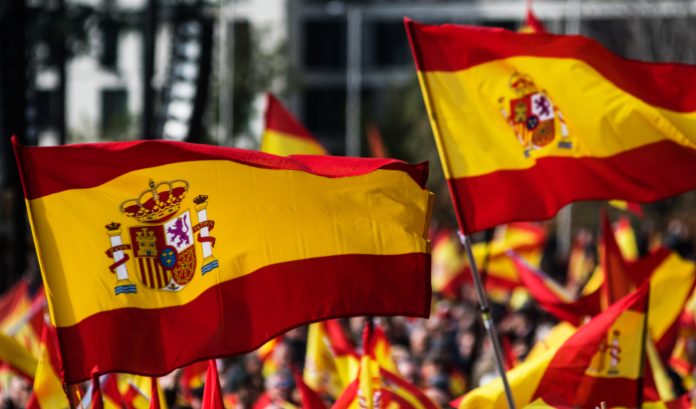March is set to be a transformative month for Spanish gambling, as the DGOJ holds final ‘plenary sessions’ on the directives of the ‘Royal Decree on Safer Gambling Environments’.
This week, DGOJ Director General Mikel Arana guided Spain’s ‘Responsible Gambling Advisory Council’ through the ‘main novelties and technicalities’ of the Decree.
Arana cited confidence that the Royal Decree will secure its technical endorsement and be ready for sign-off by Spain’s Council of Ministers by the end of March.
The project on Safer Gambling Environments was formally launched in July 2021 to develop an ‘optimal framework’ of consumer protections for gambling to be implemented federally across Spain’s 17 autonomous communities.
As such, autonomous governments have agreed to adopt “a series of measures regarding responsible or safe gambling aimed at reducing the risk of the appearance of problematic or pathological gambling behaviors in vulnerable consumers”.
Technical reforms will require Spanish licensed operators to “categorize gamblers, identifying and applying specific measures for groups considered more vulnerable, such as young gamblers, participants with intensive gambling behavior or involved in risky behavior, or self-excluded participants.”
The reforms adopted by the new Decree will coincide with the pending launch of Spanish gambling’s new central player registry and the redevelopment of a problem gambling self-exclusion system to cover consumers across all provinces.
The DGOJ commented on proceedings: “Once again, this forum has valued the need for collaboration of all the sectors involved in the online gambling ecosystem, so that prevention and information are essential elements to ensure that this activity is carried out responsibly and safely.”
2023 marks the second phase of Spanish gambling’s regulatory reform led by the Ministry of Consumer Affairs.
The market’s initial reforms saw the government approve a new “Royal Decree on Advertising” in 2021, which imposed a sponsorship blackout on betting partnerships and restricted TV and radio advertising of gambling products to a 1am to 5am window.




























